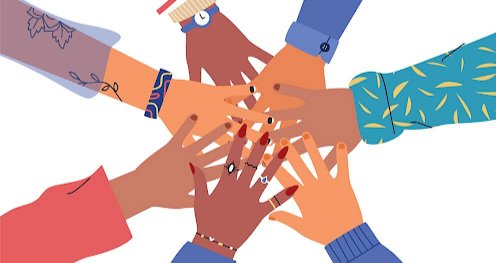The Inclusion Inititiative
Professional Development & Strategy
The Inclusion Initiative offers schools and organizations supportive frameworks, trainings, workshops, inclusion/equity assessments, and technical assistance for creating accountable, inclusive environments for trans, gender-expansive, nonbinary, and gender-nonconforming folks.
Translate Gender's Inclusion Initiative utilizes curriculum that engages practical, theoretical, and therapeutic approaches to mediation between individuals and administrators/faculty/staff. Research has strongly indicated a link between inclusive education/practices and positive outcomes for students and community members. Our curriculum was developed to ensure that the burden of educating the school or organization about trans topics does not fall solely to the gender-expansive people within that community.
We can work closely with K-12 schools, higher education institutions, and organizations to support their growth around issues related to gender. From full faculty trainings, administrative support to create inclusive policies that impact trans people and their families, to personalized interactive workshops and facilitated team meetings. We also welcome opportunities to be a guest lecturer, or be a part of a panel discussion.
Interested in bringing Translate Gender to you? We've got a form for that!

